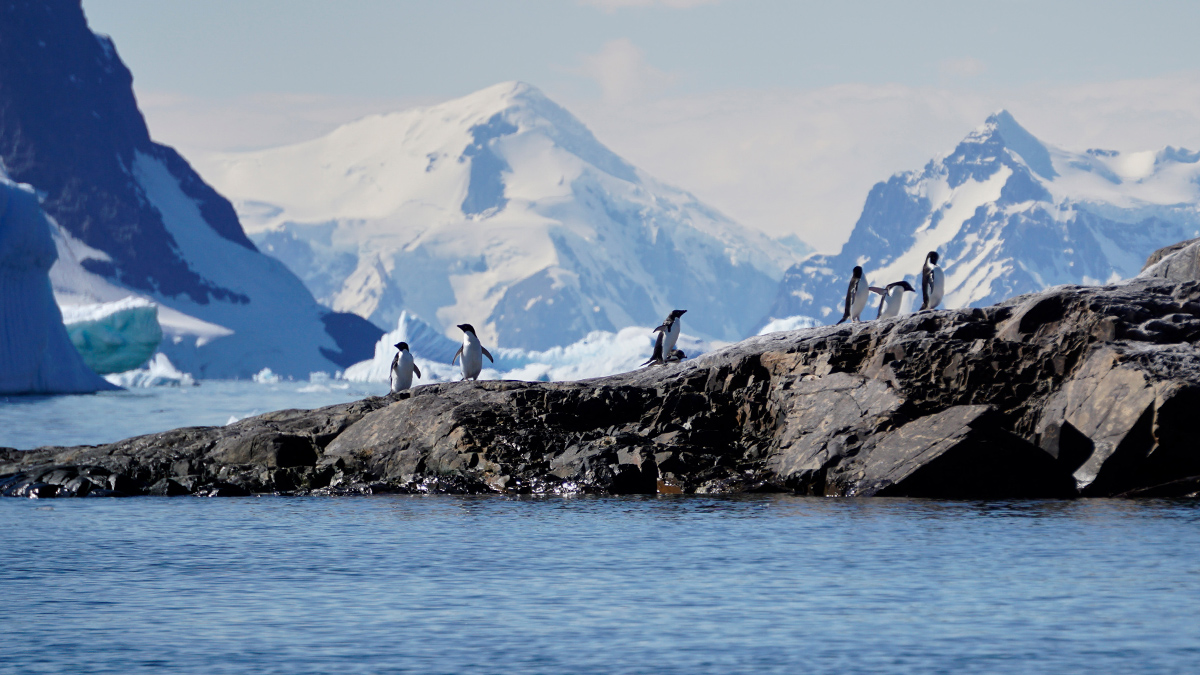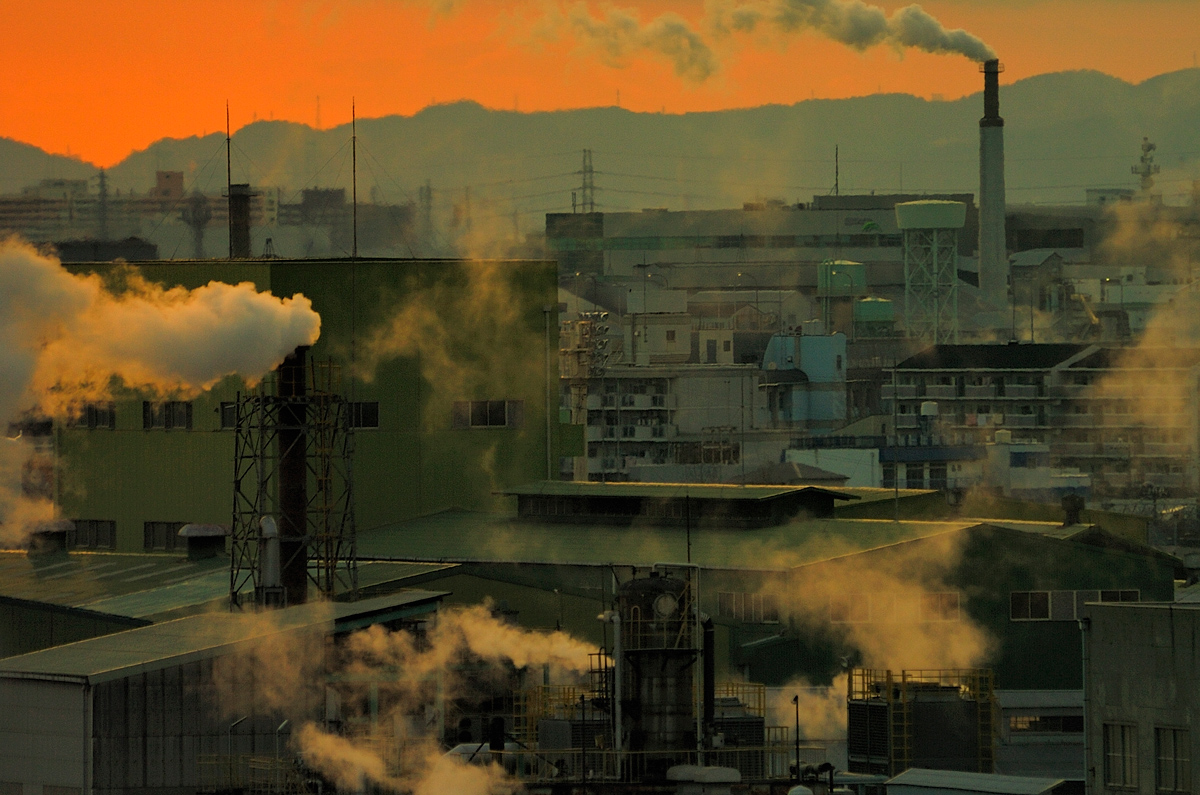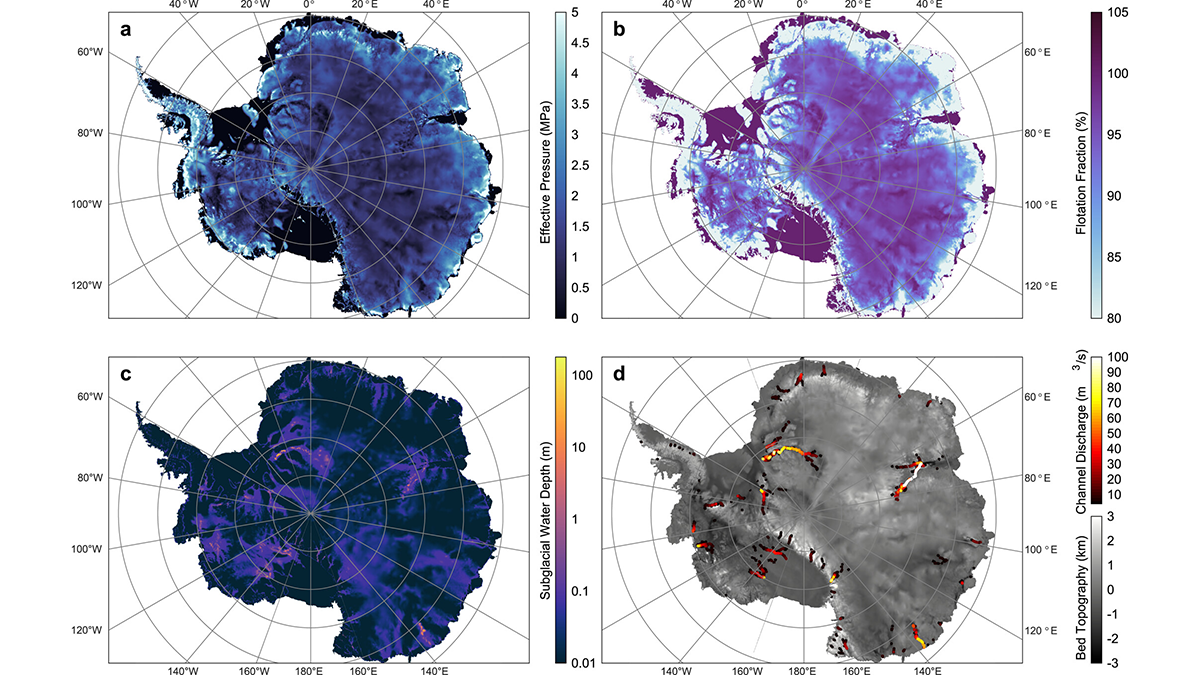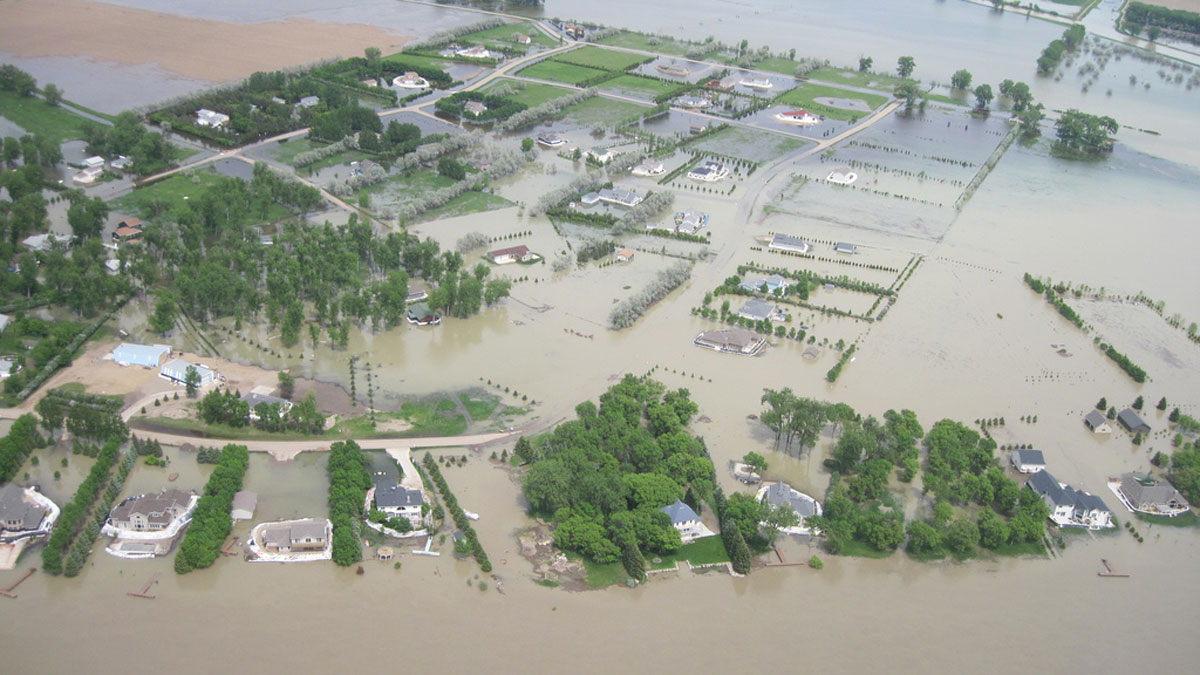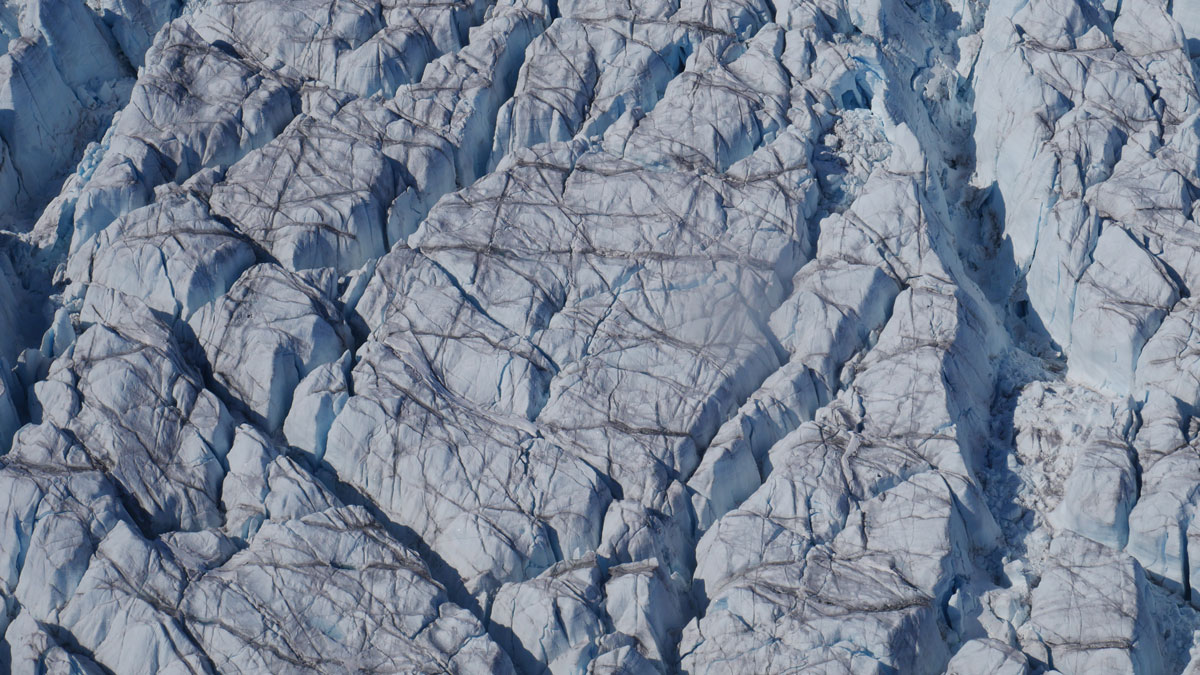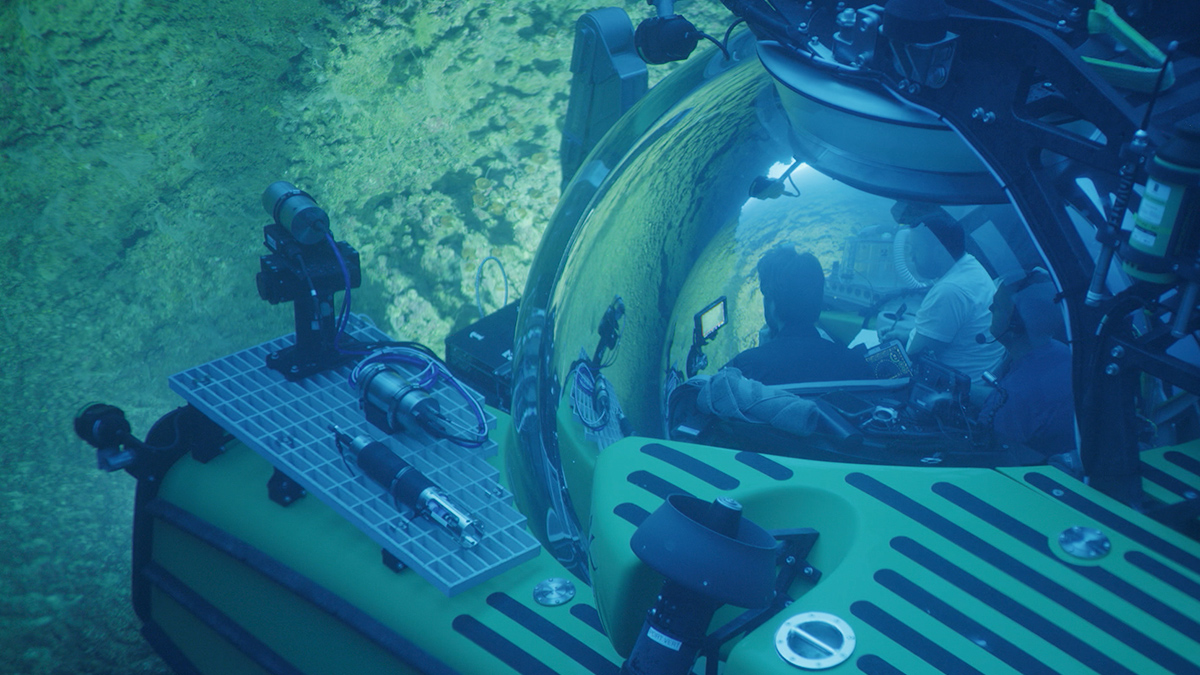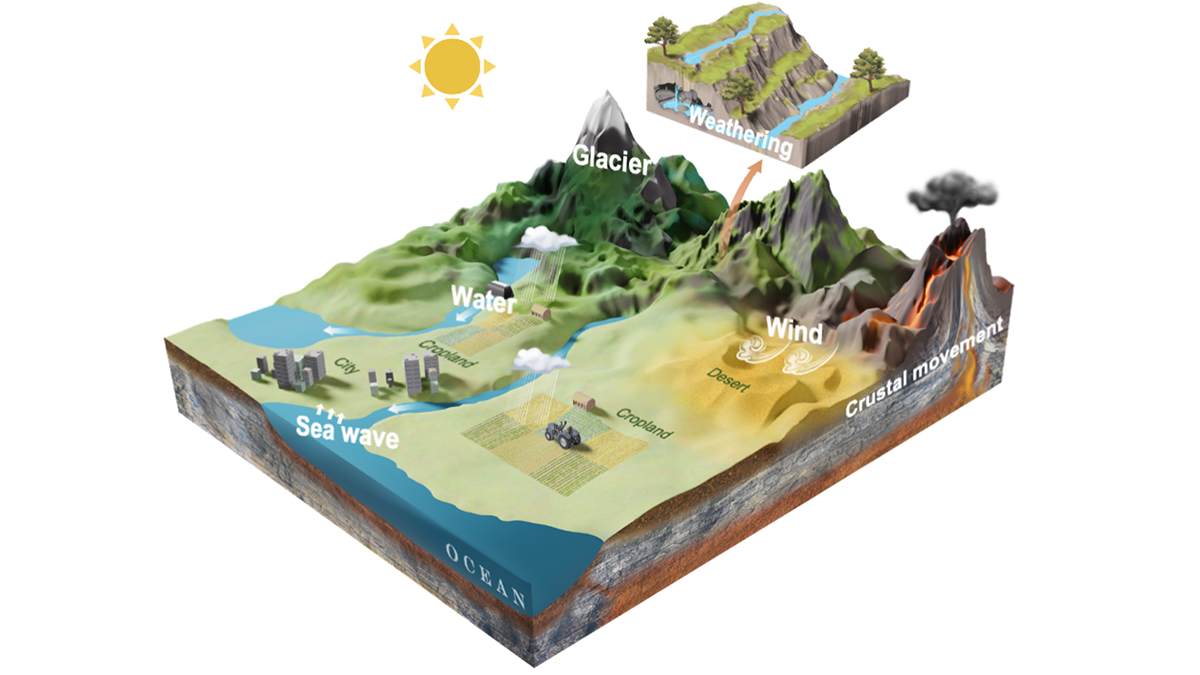A new ensemble of marine ecosystem models aims to improve understanding of how climate change will affect the waters surrounding Antarctica.
Climate Change
Anthropocene Deserves Official Recognition, Some Experts Maintain
The International Union of Geological Sciences chose not to designate a new geologic epoch, but the matter is not yet settled.
Subglacial Hydrology Under the Antarctic Ice Sheet
Using simulations of subglacial hydrology, a new study shows the volume and movement of meltwater underneath the Antarctic Ice Sheet.
The Climate Connection
Scientists and stakeholders find common cause in tackling the greatest challenge of our time.
Los lagos y estanques de Alaska revelan los efectos del derretimiento del permafrost
Un nuevo conjunto de datos proporciona un método poderoso para rastrear fácilmente los cambios en el permafrost.
What Is Causing the Missouri River Basin’s Elevated Streamflow?
Regional climate variability plays a big role, but reduced forest cover and a rise in atmospheric carbon dioxide are also factors.
Crevasses on the Greenland Ice Sheet Are Growing
High-resolution 3D maps show crevasse volume is increasing across most of the Greenland Ice Sheet as it accelerates toward the ocean, which could affect future ice loss and sea level rise.
Red Sea Corals Survived the Late Glacial Crisis
Research indicates that delicate deepwater corals tolerated or adapted to major climate and salinity fluxes, “yet today, it’s a complete massacre.”
The Middle East’s First Comprehensive Carbon Budget
The first greenhouse gas budget for Central and West Asia—24 countries, including Yemen, Türkiye, Kazakhstan, and Afghanistan—was just published.
Erosion: An Overlooked Contributor to the Carbon Cycle
Since physical and chemical erosion yield comparable carbon fluxes, studying both together is essential to avoid biases in erosion-driven carbon flux estimates.

